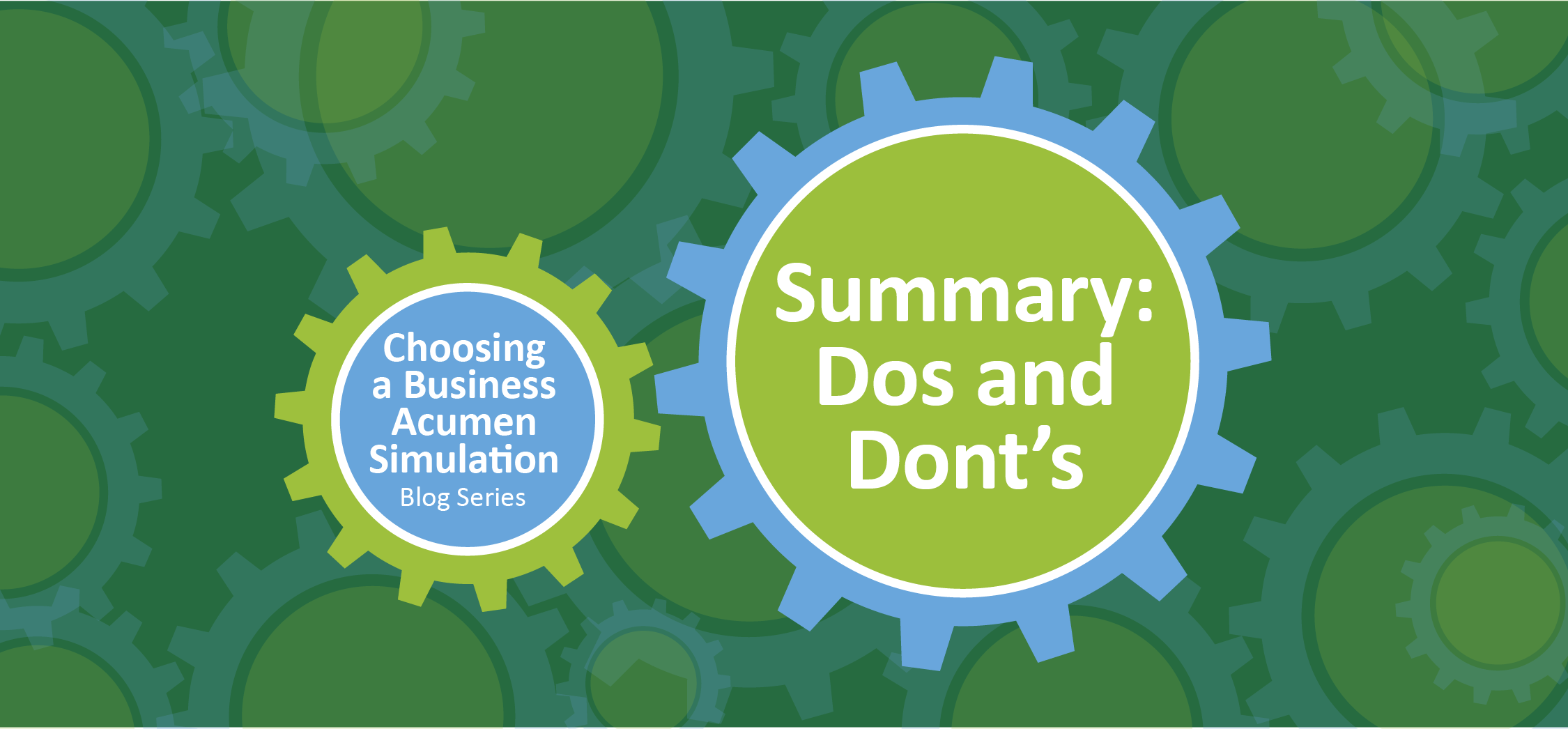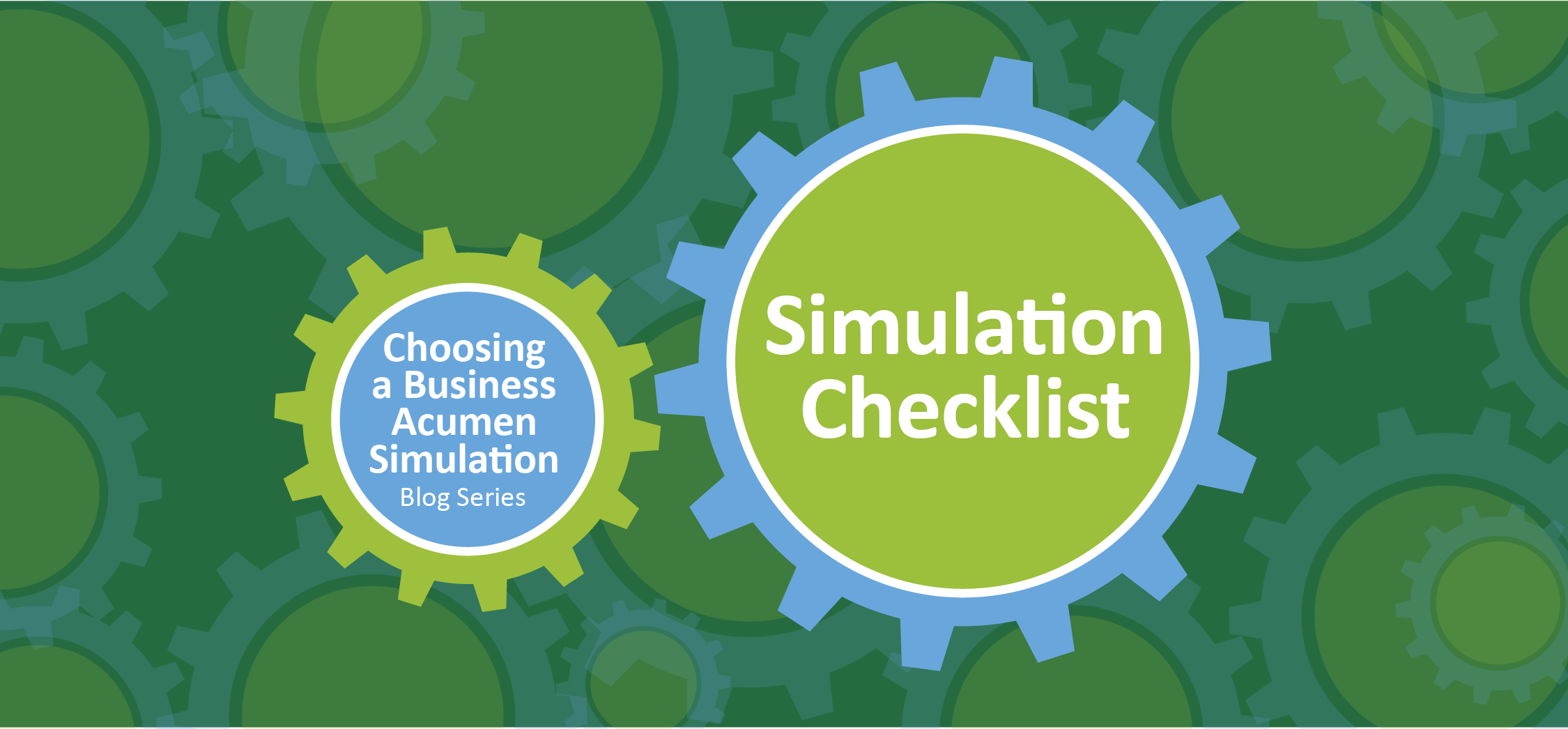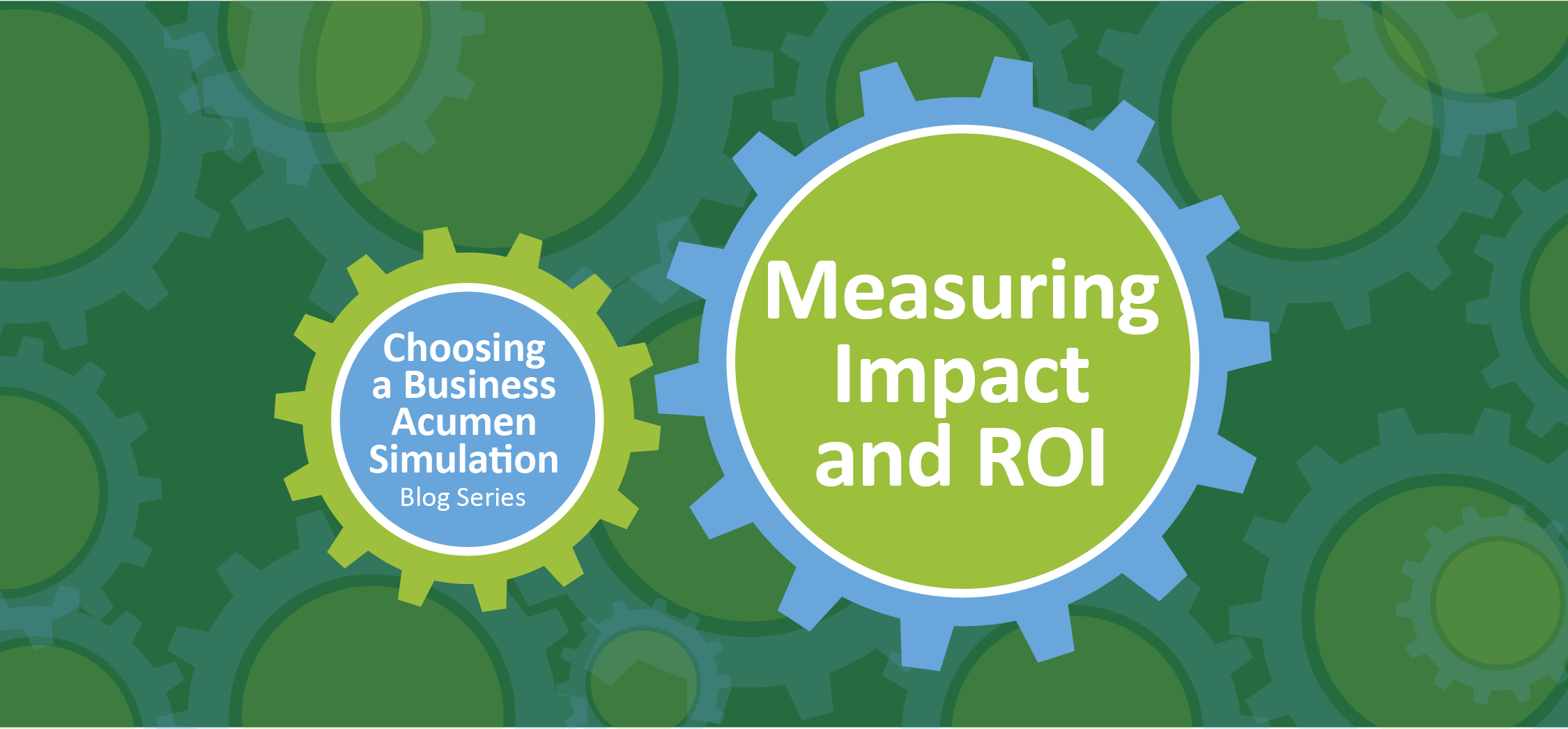17. Business Acumen Simulation Essentials


Eliza Helweg-Larsen
co-founder, Chief Creative Officer, Andromeda Simulations International
Published Date
October 29, 2025
Choosing the Best Business Acumen Simulation is our comprehensive 17-part guide to evaluating, selecting, and achieving meaningful results with business simulations. In this final installment, we share the DOs and DON’Ts of 'business acumen simulation' design and delivery — helping you avoid common pitfalls and maximize impact.
A One-Stop Recap of the Full Series
📥 Download this: Building Business Savvy – What Works and What Doesn’t (PDF)
 | |
| Avoid: Passive or automated learning Because… it will limit engagement and reduce retention. | Look For: Truly experiential learning Because… hands-on, interactive methods drive engagement and retention. |
| Avoid: Closed decision-making Because… it limits engagement and reduces retention. | Look For: Open decision-making Because… teams control the game, building autonomy and accountability. |
| Avoid: Audio/visual learning only Because… it neglects two key learning styles. | Look For: Integrated learning & playing Because… actions lead to results, which lead to analysis and discussion. |
| Avoid: Game design that only focuses on Competitors & Achievers Because… it only satisfies some participants, some of the time. | Look For: Playful learning with exploration & collaborative decision-making Because… people can play and learn in the mode that fits their personality and moment. |
| Avoid: Modeling the wrong business drivers Because… unrealistic/irrelevant scenarios don’t connect to real functions. | Look For: Relevant real-world business drivers Because… people connect to scenarios that reflect their roles, so learning sticks. |
| Avoid: Hidden rules (black box) Because… they obscure understanding and destroy trust. | Look For: Transparency Because… participants can see how everyday actions change the business. |
| Avoid: Fine-grained detail (too soon) Because… it overwhelms learners and blocks big-picture understanding. | Look For: Broad-brush concepts Because… fundamentals first; details make sense later. |
| Avoid: Silo thinking Because… it leads to isolated decisions that ignore broader needs. | Look For: Whole-business thinking Because… teams learn to decide for the good of the company. |
| Avoid: Partial financial statements Because… they give an incomplete understanding of business. | Look For: Full financial statements Because… they build a complete picture (cash flow and profit). |
| Avoid: Learning that ends when the workshop ends Because… it doesn’t add to growth and development. | Look For: Applied & lifelong learning Because… beyond-classroom use ensures practical application and ongoing growth. |
| Avoid: A mix of unrelated solutions Because… people won’t share a common language or understanding. | Look For: A scalable simulation Because… shared experience and language improve communication. |
| Avoid: Too much focus on your company Because… it locks people into static thinking and limits flexibility. | Look For: A focus on your industry Because… it promotes critical thinking and broader understanding. |
Ready to Learn More?
Sign up to receive the full guide to choosing a business acumen simulation and get a free personalized demo!
Series Complete! You've reached the end of the series. Ready to apply what you've learned?


